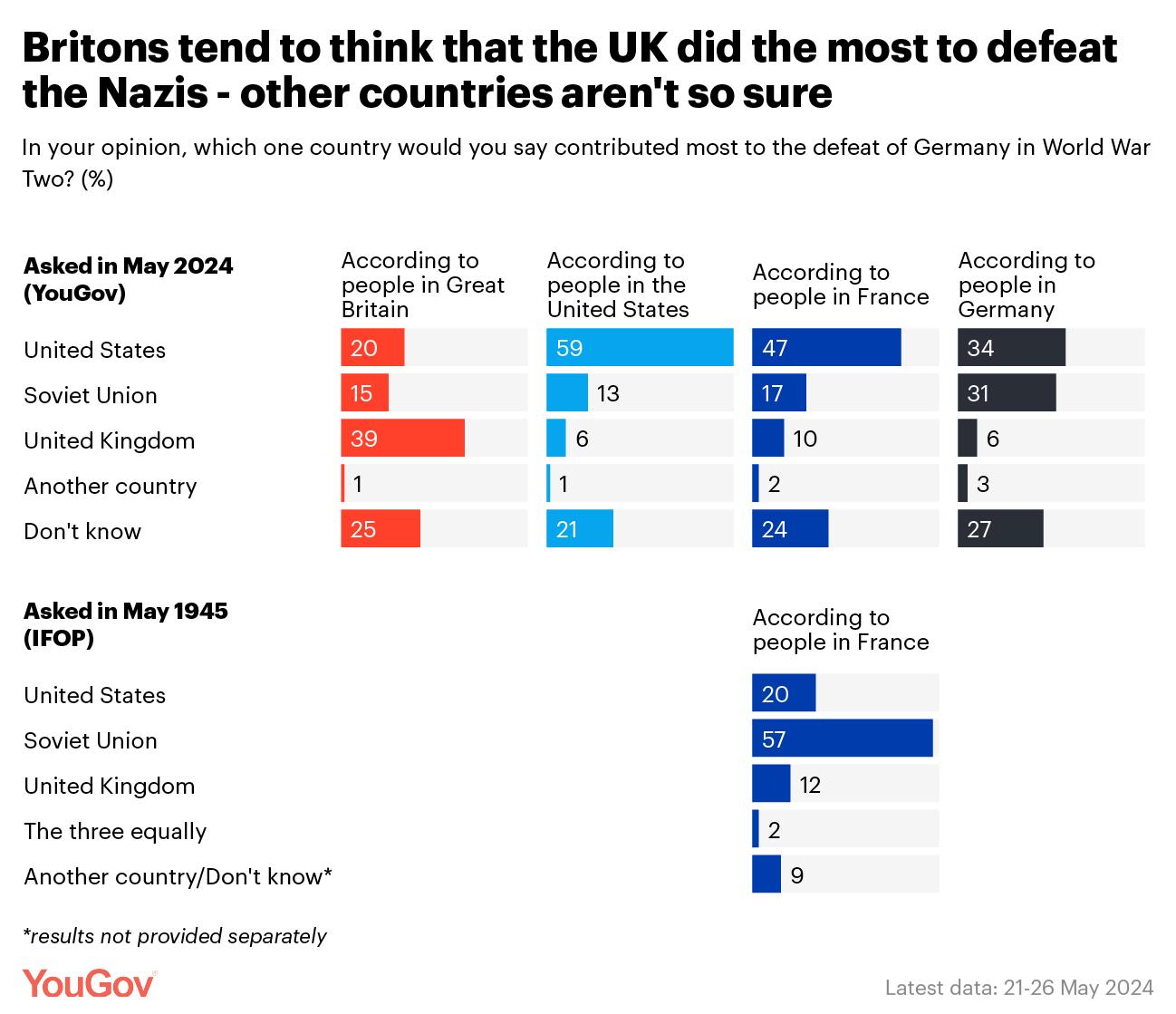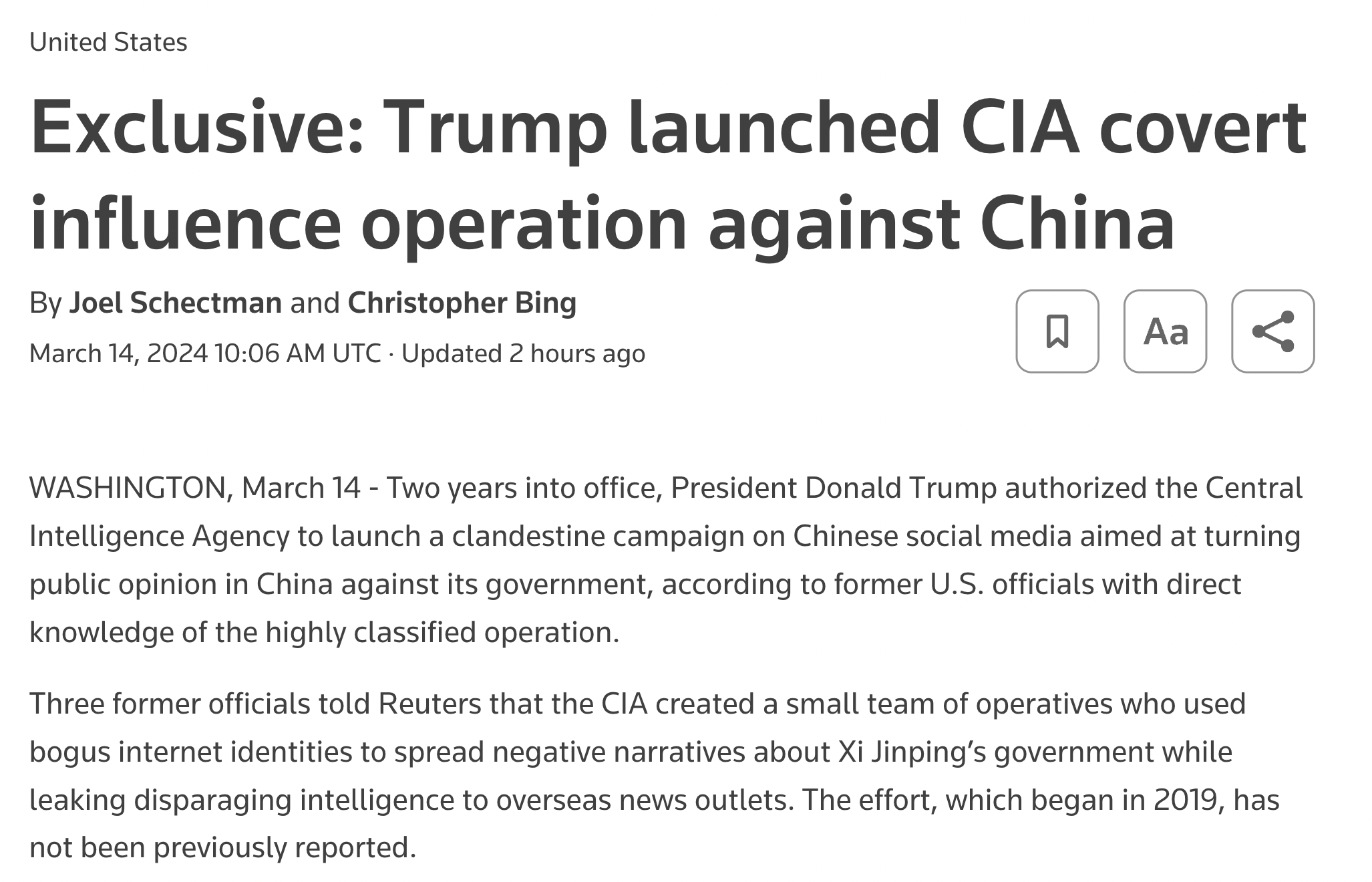Lyrics from: https://genius.com/Macklemore-hinds-hall-2-lyrics
[Chorus: Anees, Anees & Choirs, Mackelmore]
In our lifetime we will be free
One day when the light shines we will be free
In our lifetime we will be free
And they can bury us
But they will find out we are seeds
Oo-ohhh, Oo-ohhh
Oo-ohhh (Louder), Oo-ohhh
They can bury us
But they will find out we are seeds
[Verse 1: Anees]
I say free Falasteen because I know of every massacre we suffered
The Nakba, Sabra, Shatila, Rafah
My people have died a million times in their struggles
'Til they rise from the tidеs
Like a rose through the rubblе
I see God himself in the eye of a refugee
Who rather die a martyr than live a life under siege
So if I'm not allowed to say from the river to the sea
Then from the rind to the seed Palestine will be free
Still, they know they can't shake us
Billion-dollar sword to that neck
Death cannot break us
In every Palestinian refugee holds a key
One day we will return
No matter how long it takes us
[Chorus: Anees & Choirs, Macklemore]
In our lifetime we will be free
One day when the light shines we will be free
In our lifetime we will be free
And they can bury us
But they will find out we are seeds
Oo-ohhh, Oo-ohhh
Oo-ohhh (Louder), Oo-ohhh
They can bury us
But they will find out we are seeds
[Verse 2: MC Abdul]
(Yeah, yeah)
I've seen massacres, I'm grateful to be alive
You appreciate life when you survive a genocide
Look in my eyes and tell me what you see
Ran out of tears to cry, rap 'til Palestine is free
Got a problem with the system that doesn't want us existing
Turn this city to a prison that's missing living conditions
My moms calling, she's telling me she's kinda scared
I hear the bombs fallin', I smell the death up in the air
My uncle lost his children, I lost my cousins
His tears water their graves to let them know he still loves 'em
Our schools turn to shelters for the rich and poor
I just pray for peace
When I speak, I don't wish for war
Bodies layin' out, ain't nothing to play about
I give my people hope 'cause I'm the first who made it out
I'm just walking the path, this is God's plan
Building up my dreams with the rubble, I touched with my hands
[Bridge: Amer Zahr & Choirs]
في حياتنا من كُن حُرّين (In our lifetime, we will be free)
الماء والنور ومنكم حُرّين (With water, with light, and from you, we are free)
في حياتنا من كُن حُرّين (In our lifetime, we will be free)
لو دفنونا نرجع مزهرين (If they bury us, we will return blooming)
From the river to the sea
Palestine will be free (Louder)
From the river to the sea
Palestine will be free (Louder)
[Verse 3: Macklemore]
They done woke up the world now
We know who you serve at the White House
To kids in Gaza my vow right now
I'ma ride for your life like you were my child
Long live the resistance if there's something to resist
Had enough of you motherfuckers murdering little kids
PC for a minute, I was trynna be a bridge
But there'll never be freedom by pleading with Zionists
World screaming, "Free Palestine"
We see the manual we know how you colonize
You'd be surprised by how many fucks we actually really don't give
When you take away that power of the all-mighty dollar sign
Fuck the allure, we'll boycott the stores
Capitalism killing us that's something we can't afford
They want us to hate each other in the interest of war
Afraid of the mosque and afraid to like them Anor
Hey Kamala, I don’t know if you listening
But stop sending money and weapons you ain't winning Michigan
We uncommitted, and hell no we ain't switching positions
Because the whole world turned Palestinian
I see them murdered children in Gaza and I see my babies
Life being stripped from the bombs we're making
When will Congress decide a Palestinian's life is just as precious as an Israeli's
We don't own the earth, don't own the earth
We're killing each other over some lines in the dirt
We bleed the same blood, feel the same hurt
Palestinian life, does it have the same worth?
What happened to us?
What happened to us?
[Outro: Amer Zahr & Choirs]
في حياتنا من كُن حُرّين (In our lifetime, we will be free)
الماء والنور ومنكم حُرّين (With water, with light, and from you, we are free)
في حياتنا من كُن حُرّين (In our lifetime, we will be free)
لو دفنونا نرجع مزهرين (If they bury us, we will return blooming)
From the river to the sea
Palestine will be free (Louder)
From the river to the sea
Palestine will be free (Louder)




